In today’s digital landscape, email marketing remains a powerful tool for engaging customers, nurturing relationships, and driving business growth. With countless platforms available, each offering unique features and capabilities, selecting the best email marketing solution can be a daunting task. This comprehensive guide explores the top email marketing platforms, integrates five innovative “hidden gem” strategies to maximize your effectiveness, and highlights Prism Reach, an AI-powered tool designed to elevate your email marketing through deep personalization.
At a Glance
Effective email marketing platforms are essential for managing customer interactions, automating marketing tasks, and providing actionable insights. The best tools cater to various needs, from simplicity and affordability for beginners to advanced customization and automation for seasoned marketers. Additionally, integrating lesser-known strategies can further enhance the effectiveness of your email campaigns, driving higher engagement and better results. Among these platforms, Prism Reach stands out as an innovative AI-powered solution, offering hyper-personalized newsletters and advanced features tailored for publishers, blogs, forums, and eCommerce businesses.
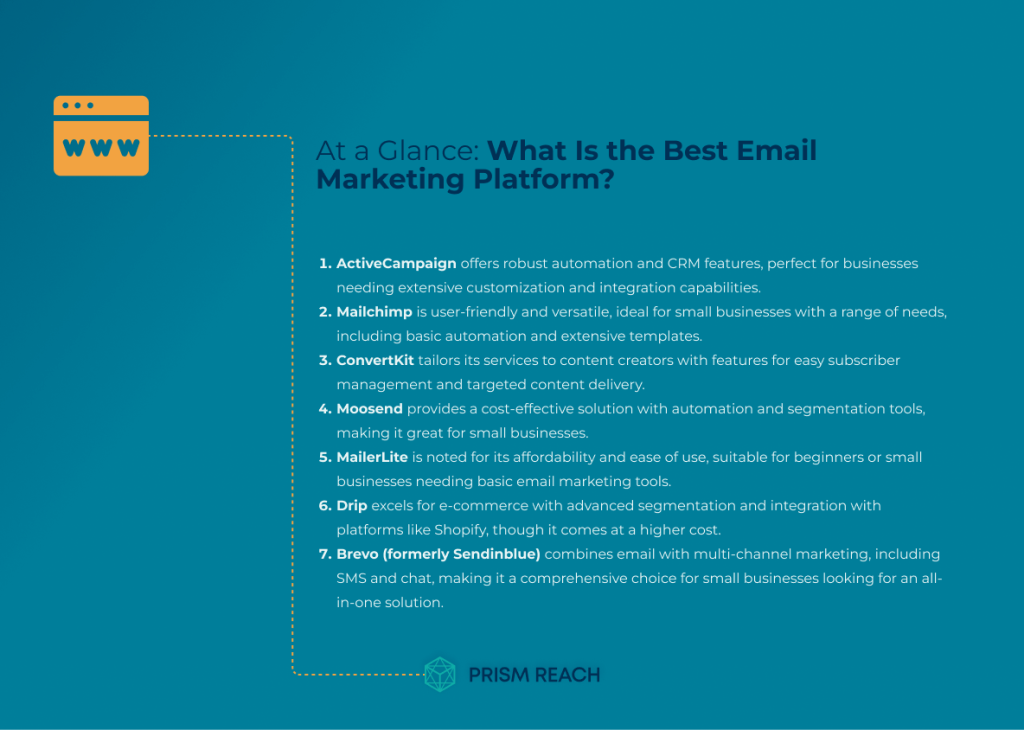
Upgrade Your Email Marketing with AI Personalization!
Comparison Table
Drip
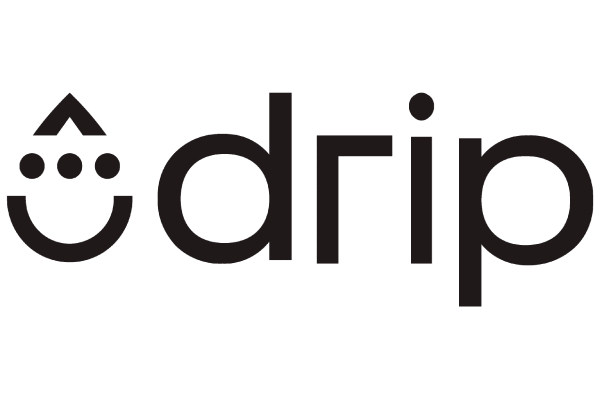
Pros:
✅ Specialized for e-commerce businesses.
✅ Deep integration with e-commerce platforms.
✅ Multi-channel marketing capabilities.
✅ Advanced customer lifecycle analytics.
✅ Granular segmentation and targeting.
Cons:
❌ Pricing may exclude smaller businesses.
❌ Can be complex to fully utilize.
ActiveCampaign
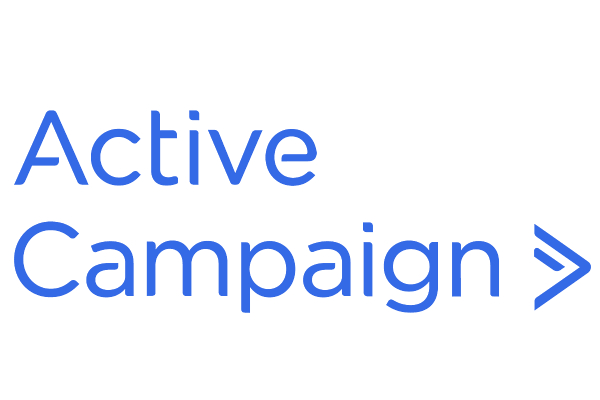
Pros:
✅ Extensive automation capabilities.
✅ Over 200 pre-built email sequences.
✅ User-friendly interface enhances accessibility.
✅ Strong CRM and e-commerce integrations.
✅ Advanced segmentation and targeting options.
Cons:
❌ Steep learning curve for beginners.
❌ Higher cost for advanced features.
Mailchimp
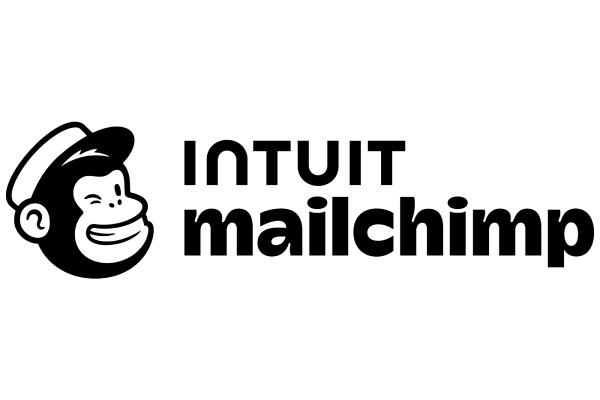
Pros:
✅ Large selection of email templates.
✅ Powerful analytics and reporting tools.
✅ Inbox preview ensures optimal display.
✅ Scalable plans for different needs.
✅ Extensive third-party integrations.
Cons:
❌ Cost escalates with subscriber count.
❌ Some advanced features are paywalled.
Kit (formerly ConvertKit)
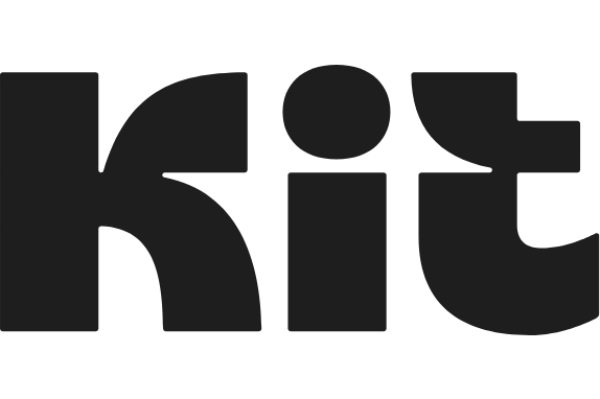
Pros:
✅ Ideal for bloggers and content creators.
✅ Easy-to-use template editor.
✅ Streamlined user interface.
✅ Supports interactive email elements.
✅ Minimal technical skill required.
Cons:
❌ Limited design flexibility.
❌ Fewer features than full-service platforms.
MailerLite
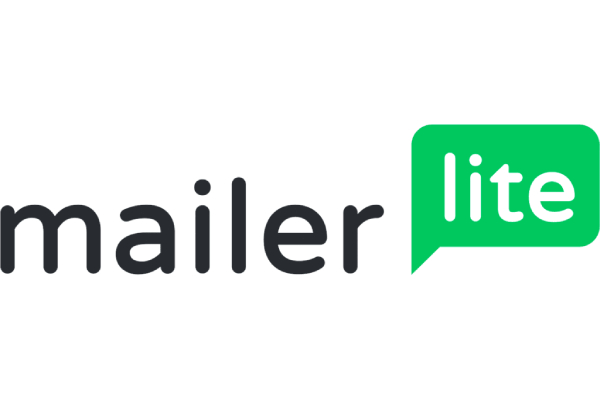
Pros:
✅ Affordable for startups and small businesses.
✅ Intuitive drag-and-drop email builder.
✅ Strong customer support network.
✅ Rich text and photo editing tools.
✅ Simplified email campaign management.
Cons:
❌ Features may be too basic for some.
❌ Limited advanced customization options.
Moosend
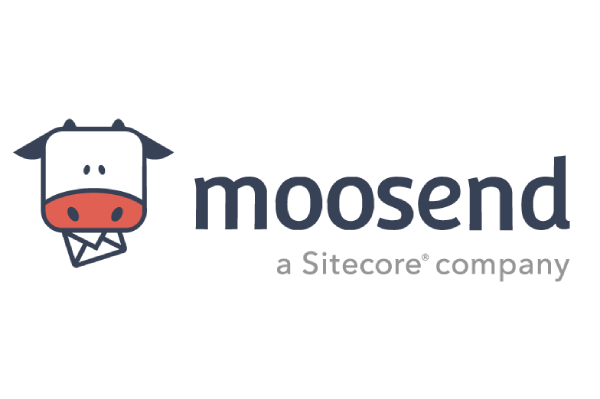
Pros:
✅ Cost-effective pricing structure.
✅ User-friendly platform interface.
✅ Real-time behavior tracking.
✅ Customizable email sequences.
✅ Advanced segmentation tools.
Cons:
❌ Limited design template variety.
❌ Fewer integration options than competitors.
Brevo
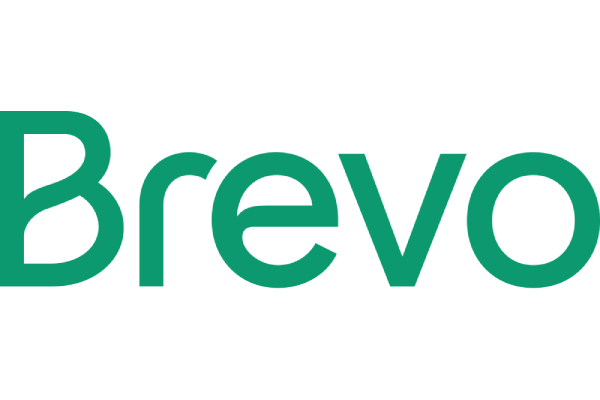
Pros:
✅ Advanced analytics at an affordable price.
✅ Accessible to startups and small businesses.
✅ Detailed subscriber activity tracking.
✅ Effective for data-driven email campaigns.
✅ Easy-to-understand reporting dashboards.
Cons:
❌ Limited depth in analytics.
❌ Less granularity compared to competitors.
Best Email Marketing Platforms for E-commerce Businesses
For e-commerce businesses, email marketing is crucial for nurturing customer relationships, driving sales, and reducing cart abandonment. The ideal email marketing platform for e-commerce should offer seamless integration with popular e-commerce platforms, advanced segmentation capabilities, and automated workflows for abandoned cart recovery and post-purchase follow-ups. Here are three top options:
Drip: The E-commerce Email Marketing Powerhouse
Drip is a powerful email marketing platform that excels in serving the needs of e-commerce businesses. With its seamless integration with platforms like Shopify and WooCommerce, Drip enables businesses to effortlessly sync customer data and create targeted email campaigns. The platform’s advanced segmentation capabilities allow for precise targeting based on customer behavior, such as purchase history and browsing behavior. Drip’s visual workflow builder makes it easy to create automated email sequences for welcome series, abandoned cart recovery, and post-purchase follow-ups. The platform also offers robust reporting and analytics, providing valuable insights into campaign performance and revenue impact.
- Key Features:
- Seamless integration with major e-commerce platforms.
- Advanced segmentation based on customer behavior.
- Visual workflow builder for creating automated sequences.
- Dynamic product recommendations.
- Comprehensive reporting and analytics.
While Drip’s pricing may be higher compared to some competitors, its advanced features and e-commerce-specific capabilities justify the investment for businesses looking to maximize their email marketing ROI. However, smaller businesses with limited budgets may find the cost prohibitive. Drip’s ideal customers are e-commerce businesses of all sizes that prioritize advanced automation, segmentation, and integration capabilities.
ActiveCampaign: Automation and CRM for E-commerce Success
ActiveCampaign is another top contender for e-commerce businesses, offering a comprehensive suite of email marketing, marketing automation, and CRM features. The platform’s deep integration with e-commerce platforms allows for seamless data synchronization and personalized email campaigns based on customer behavior. ActiveCampaign’s automation builder enables the creation of complex workflows, including abandoned cart sequences and post-purchase upsells. The platform’s CRM functionality provides a 360-degree view of customer interactions, facilitating targeted email campaigns and personalized customer experiences.
- Key Features:
- Comprehensive CRM integration.
- Advanced automation workflows.
- Personalized email content based on customer behavior.
- AI-powered subject line optimization.
- Detailed analytics and reporting.
While ActiveCampaign’s learning curve may be steeper compared to some other platforms, its extensive features and customization options make it a powerful tool for e-commerce businesses. The platform’s pricing is based on the number of contacts and features required, making it scalable for businesses of various sizes. ActiveCampaign is an ideal choice for e-commerce businesses that value advanced automation, CRM integration, and the ability to create highly personalized email campaigns.
Mailchimp: User-Friendly Email Marketing for E-commerce
Mailchimp is a well-known email marketing platform that offers a range of features suitable for e-commerce businesses. With its user-friendly interface and drag-and-drop email builder, Mailchimp makes it easy for businesses to create professional-looking email campaigns. The platform integrates with popular e-commerce platforms, enabling the synchronization of customer data and the creation of targeted email segments. Mailchimp’s automation capabilities include abandoned cart recovery, product recommendations, and post-purchase follow-ups.
- Key Features:
- Wide range of templates and customization options.
- Seamless integration with major e-commerce platforms.
- Advanced segmentation and targeting.
- Robust automation workflows.
- Comprehensive analytics and reporting.
Mailchimp’s user-friendly interface and excellent deliverability rates make it a strong choice for beginners. However, advanced features like detailed segmentation and premium support require upgrading to a paid plan. Despite these limitations, Mailchimp remains a solid choice for small to medium-sized e-commerce businesses looking to streamline their email marketing efforts.
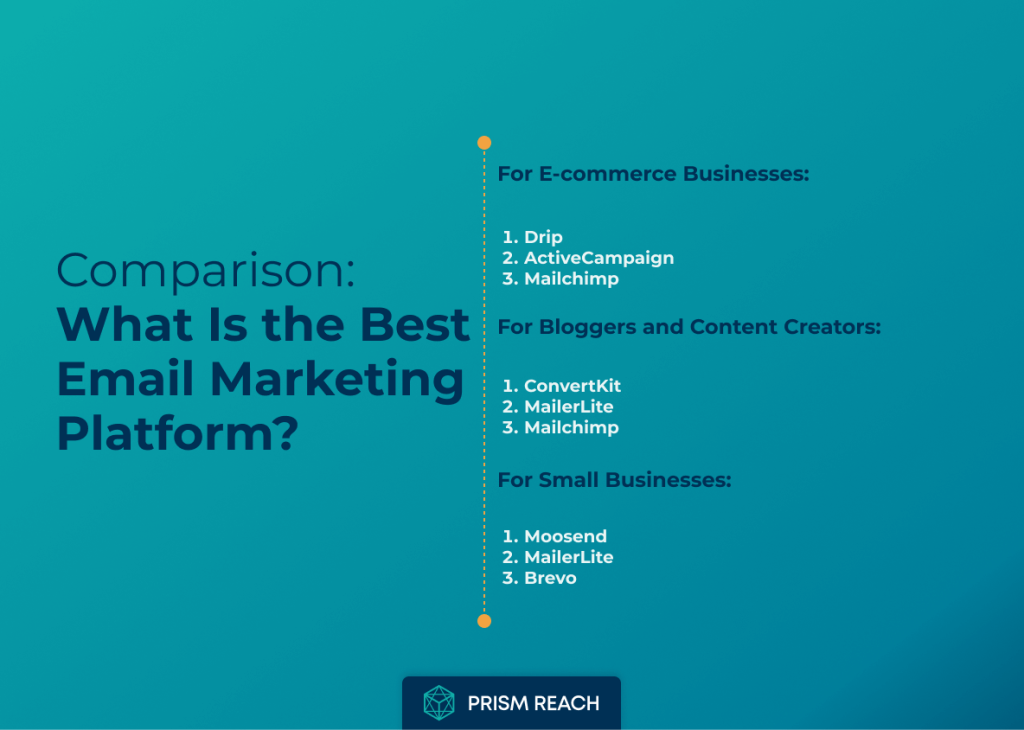
Best Email Marketing Platforms for Bloggers and Content Creators
Bloggers and content creators have unique email marketing needs, focusing on building engaged communities and monetizing their content. The ideal email marketing platform for this user group should offer easy-to-use tools for creating and sending newsletters, robust subscriber management, and integration with popular content management systems (CMS) and social media platforms. Here are three top options:
ConvertKit: The Creator-Centric Email Marketing Solution
ConvertKit is an email marketing platform designed specifically for bloggers, content creators, and online course creators. With its intuitive interface and straightforward features, ConvertKit makes it easy for creators to build and manage their email lists, create automated email sequences, and deliver targeted content to their subscribers. The platform offers seamless integration with popular CMS platforms like WordPress, enabling creators to easily capture email addresses through opt-in forms and landing pages.
- Key Features:
- Intuitive interface tailored for creators.
- Seamless integration with WordPress and other CMS platforms.
- Tagging and segmentation based on subscriber behavior.
- Automated email sequences for nurturing subscribers.
- Comprehensive analytics and reporting.
One of ConvertKit’s standout features is its tagging and segmentation capabilities, allowing creators to organize their subscribers based on interests, engagement, and purchase history. This enables the delivery of highly targeted content and promotions, increasing engagement and conversion rates. While ConvertKit’s pricing may be higher compared to some other email marketing platforms, its creator-centric features and ease of use justify the investment for serious bloggers and content creators. The platform’s ideal customers are bloggers, podcasters, YouTubers, and online course creators who prioritize building engaged email communities and monetizing their content.
MailerLite: Simplicity and Affordability for Content Creators
MailerLite is another popular email marketing platform among bloggers and content creators, known for its simplicity, user-friendly interface, and affordable pricing. The platform offers a comprehensive set of features, including email campaign creation, automation workflows, landing pages, and pop-up forms. MailerLite’s drag-and-drop email builder and wide selection of templates make it easy for creators to design professional-looking emails that align with their brand.
- Key Features:
- Drag-and-drop email builder for easy customization.
- Extensive library of responsive templates.
- Automation workflows for targeted email sequences.
- Landing pages and pop-up forms for subscriber growth.
- Comprehensive reporting and analytics.
MailerLite’s generous free plan, which allows users to send up to 12,000 emails per month to up to 1,000 subscribers, makes it an attractive option for bloggers and content creators who are just starting out or have a limited budget. As their email list grows, users can upgrade to paid plans that offer more advanced features and higher sending limits. While MailerLite may lack some of the advanced automation and segmentation capabilities of platforms like ConvertKit, it remains a solid choice for bloggers and content creators who value simplicity and affordability.
Mailchimp: Versatile Email Marketing for Content Creators
Mailchimp, while not exclusively designed for bloggers and content creators, offers a range of features that make it a viable option for this user group. The platform’s user-friendly interface, drag-and-drop email builder, and wide selection of templates make it easy for creators to design eye-catching emails that engage their audience. Mailchimp also offers a free plan, which includes basic features and allows users to send up to 10,000 emails per month to up to 2,000 subscribers.
- Key Features:
- Drag-and-drop email builder with extensive template library.
- Seamless integration with various CMS and social media platforms.
- Advanced segmentation and targeting capabilities.
- Robust automation workflows for targeted email sequences.
- Comprehensive analytics and reporting tools.
One of Mailchimp’s strengths is its versatility, with features that cater to a wide range of businesses and industries. For bloggers and content creators, Mailchimp offers tools for creating landing pages, pop-up forms, and social media ads, making it easy to grow their email list and promote their content across multiple channels. While Mailchimp may not have the same level of creator-specific features as platforms like ConvertKit, it remains a solid choice for bloggers and content creators who value versatility and affordability.
Best Email Marketing Platforms for Small Businesses
Small businesses have unique email marketing needs, often requiring a balance between affordability, ease of use, and features that can scale as their business grows. The ideal email marketing platform for small businesses should offer a user-friendly interface, automation capabilities, and integration with other business tools such as CRM and e-commerce platforms. Here are three top options:
Moosend: Affordable and Feature-Rich Email Marketing for Small Businesses
Moosend is an email marketing platform that offers a comprehensive set of features at an affordable price point, making it an attractive option for small businesses. The platform’s user-friendly interface and drag-and-drop email builder make it easy for small business owners to create professional-looking email campaigns without the need for technical expertise. Moosend also offers a wide range of pre-designed templates, making it easy to create visually appealing emails that align with your brand.
- Key Features:
- User-friendly drag-and-drop email builder.
- Extensive library of responsive templates.
- Advanced automation workflows.
- Comprehensive segmentation and targeting.
- Integration with popular e-commerce and CRM platforms.
One of Moosend’s standout features is its automation capabilities, which allow small businesses to create targeted email campaigns based on subscriber behavior and preferences. The platform offers a variety of automation templates, including welcome series, abandoned cart recovery, and post-purchase follow-ups, saving small business owners time and effort. Moosend’s pricing is based on the number of subscribers, with plans starting at $9 per month for up to 500 subscribers. The platform also offers a free plan for up to 1,000 subscribers, making it an accessible option for small businesses with limited budgets.
MailerLite: User-Friendly and Affordable Email Marketing for Small Businesses
MailerLite is another excellent option for small businesses looking for an affordable and user-friendly email marketing solution. The platform’s intuitive interface and drag-and-drop email builder make it easy for small business owners to create and send professional-looking email campaigns. MailerLite also offers a generous free plan, which includes basic features and allows users to send up to 12,000 emails per month to up to 1,000 subscribers.
- Key Features:
- Intuitive drag-and-drop email builder.
- Wide selection of responsive templates.
- Automation workflows for targeted email sequences.
- Landing pages and pop-up forms for subscriber growth.
- Comprehensive reporting and analytics.
In addition to its ease of use and affordability, MailerLite offers a range of features that can benefit small businesses, such as automation workflows, landing pages, and pop-up forms. The platform’s automation capabilities allow small businesses to create targeted email campaigns based on subscriber actions, such as signing up for a newsletter or making a purchase. While MailerLite may lack some of the advanced features and integrations of more comprehensive platforms, it remains an excellent choice for small businesses that value simplicity and affordability.
Brevo: Comprehensive Multi-Channel Marketing for Small Businesses
Brevo (formerly known as Sendinblue) is a comprehensive marketing platform that offers email marketing, SMS marketing, chat, and CRM features, making it an attractive option for small businesses looking for an all-in-one solution. The platform’s user-friendly interface and drag-and-drop email builder make it easy for small business owners to create professional-looking email campaigns. Brevo also offers a wide range of templates and design options, as well as personalization features that allow businesses to create targeted and engaging email content.
- Key Features:
- Multi-channel marketing capabilities including email, SMS, and chat.
- Comprehensive CRM integration.
- Advanced automation workflows.
- Dynamic content personalization.
- Robust analytics and reporting tools.
One of Brevo’s standout features is its multi-channel marketing capabilities, which allow small businesses to reach their audience through various channels, including email, SMS, and chat. The platform’s automation tools enable businesses to create complex workflows based on subscriber behavior and preferences, saving time and effort while delivering personalized experiences. Brevo’s pricing is based on the number of emails sent per month, with plans starting at $25 per month for up to 10,000 emails. While Brevo’s pricing may be higher compared to some other email marketing platforms, its comprehensive feature set and multi-channel capabilities make it a valuable investment for small businesses looking for an all-in-one marketing solution.
Best Email Marketing Platforms for Advanced Customization and Automation
For businesses with more complex requirements, such as advanced customization options, dynamic content, and robust automation features, the following tools offer powerful solutions to streamline their email marketing efforts:
Adobe Creative Cloud: The Ultimate Toolkit for Design Professionals
Adobe Creative Cloud is a comprehensive suite of design tools that offers unparalleled customization options and advanced features for creating highly personalized newsletters. With over 20 applications tailored for design, video, photography, and web development, Adobe Creative Cloud provides a complete toolkit for professionals.
- Key Features:
- Dynamic content integration for interactive newsletters.
- Advanced segmentation capabilities.
- AI-powered optimization tools for targeted content delivery.
- Seamless integration with other Adobe products like Analytics and Experience Manager.
- Extensive customization options for unique designs.
Adobe Creative Cloud’s extensive feature set comes with a steep learning curve, making it more suitable for experienced designers and larger organizations. The platform’s subscription-based pricing model can also be a significant investment, especially for smaller businesses. However, for those seeking advanced customization and professional-grade designs, Adobe Creative Cloud is unparalleled.
Litmus: Comprehensive Email Testing and Optimization
Litmus is a powerful email testing and optimization platform that ensures newsletters look great and perform well across various email clients and devices. Its extensive testing capabilities, including previews in over 100 email clients and spam testing, help marketers identify and resolve issues before sending campaigns.
- Key Features:
- Comprehensive email client previews for ensuring compatibility.
- Spam testing to improve deliverability rates.
- Advanced analytics and insights on email engagement.
- Collaboration features like real-time co-editing and approval workflows.
- Email personalization tools for targeted content delivery.
One of Litmus’ key strengths is its advanced analytics and insights, which provide detailed data on email engagement, helping marketers optimize their strategies. While Litmus offers powerful testing and optimization features, its pricing can be a barrier for small businesses or individuals, as its plans are relatively expensive compared to some competitors. Additionally, some users may find the platform’s extensive features and customization options overwhelming initially.
ActiveCampaign: Powerful Automation and CRM Integration
ActiveCampaign is a marketing automation and CRM platform that excels in creating complex, trigger-based email campaigns. Its visual automation builder and pre-built workflows make it easy to create sophisticated newsletter sequences that nurture leads and drive conversions.
- Key Features:
- Comprehensive CRM integration for managing customer relationships.
- Advanced automation workflows with a visual builder.
- Personalized email content based on customer behavior.
- AI-powered subject line optimization and predictive sending.
- Detailed analytics and reporting tools.
While ActiveCampaign’s automation features are powerful, they may be overwhelming for beginners or small businesses with simpler requirements. The platform’s pricing can also become costly as contact lists grow, making it more suitable for businesses with larger budgets. However, for those seeking advanced automation, CRM integration, and the ability to create highly personalized email campaigns, ActiveCampaign is a top choice.
Incorporating Hidden Gem Strategies
To elevate your email marketing campaigns, consider integrating these five hidden gem strategies that are often overlooked but can significantly enhance your effectiveness:
1. Leverage AI for Personalization
Utilize AI tools within your email marketing platform to analyze customer behavior and preferences. AI can help create highly personalized content recommendations, optimizing subject lines, send times, and even the email content itself based on individual user data. This level of personalization can lead to higher engagement and conversion rates.
- Potential Effectiveness: High
- Level of Obscurity: Moderate
- Ease of Implementation: Moderate
- Uniqueness: High
2. Incorporate Interactive Elements
Add interactive features such as polls, quizzes, or gamified content in your emails. These elements can significantly boost engagement by encouraging recipients to interact with your content rather than passively consume it. Research shows that interactive emails can increase click rates by up to 300%.
- Potential Effectiveness: High
- Level of Obscurity: High
- Ease of Implementation: Moderate
- Uniqueness: High
3. Utilize Dynamic Content Blocks
Implement dynamic content that changes based on subscriber data stored in your email marketing platform. For instance, display different product recommendations based on past purchases or browsing behavior. This personalization can significantly increase engagement rates.
- Potential Effectiveness: High
- Level of Obscurity: Moderate
- Ease of Implementation: Moderate
- Uniqueness: High
4. Segment Your Audience Effectively
Go beyond basic demographic segmentation by utilizing behavioral data and engagement metrics to create highly targeted email campaigns. Segmentation allows you to send relevant content tailored to specific audience segments, improving open rates and conversions.
- Potential Effectiveness: High
- Level of Obscurity: Moderate
- Ease of Implementation: Easy
- Uniqueness: Moderate
5. Automate Lifecycle Campaigns
Set up automated email campaigns that correspond to different stages of the customer lifecycle. For example, create a welcome series for new subscribers, re-engagement campaigns for dormant customers, and loyalty programs for repeat buyers. This ensures timely and relevant communication.
- Potential Effectiveness: High
- Level of Obscurity: Low
- Ease of Implementation: Easy
- Uniqueness: Moderate
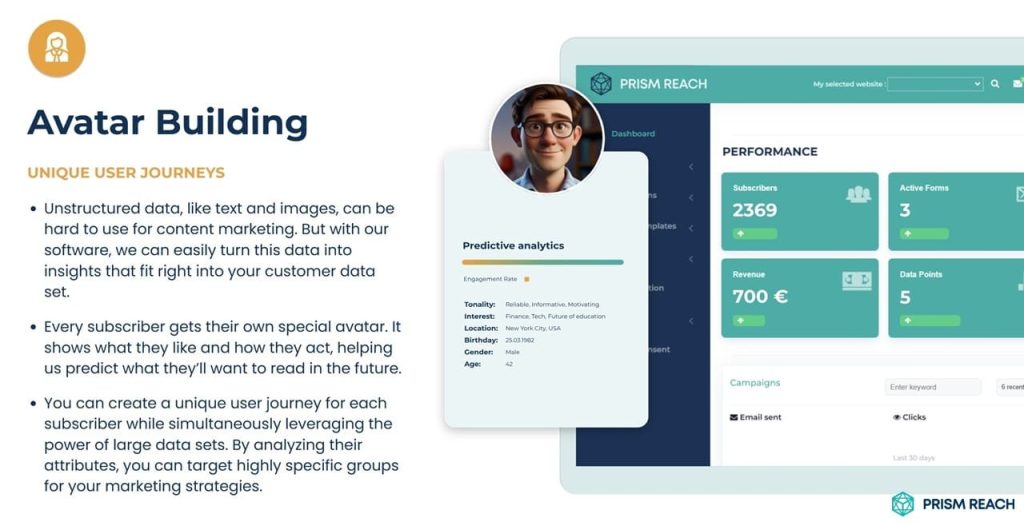
Prism Reach: Enhancing Your Email Marketing Efforts
Prism Reach is an innovative AI-powered SaaS solution designed to enhance the effectiveness of email marketing campaigns through deep personalization. This platform stands out by transforming how publishers and content creators engage with their audiences, using sophisticated AI algorithms to customize every aspect of newsletters based on subscriber behavior and preferences.
Key Benefits of Prism Reach
- Increased Engagement: Publishers report up to 40% higher engagement rates due to the personalized nature of the content.
- Higher Revenue: Tailored advertising and efficient content targeting lead to higher monetization rates for published newsletters.
- Improved Productivity: Automation and AI-driven insights significantly reduce the time required to create and manage campaigns.
How Prism Reach Enhances Your Marketing
Prism Reach’s core functionality revolves around its proprietary AI technology, which clusters website content and social media posts into relevant categories. By creating detailed user avatars, Prism Reach enables personalized newsletter and SMS content that incorporates factors such as location, engagement history, and predicted interests. This advanced level of personalization leads to higher engagement rates, increased revenue, and stronger customer relationships.
Incorporating Prism Reach with Hidden Gem Strategies
Prism Reach seamlessly integrates with the hidden gem strategies discussed earlier, enhancing their effectiveness:
- Leverage AI for Personalization: Prism Reach’s AI analyzes historical data to forecast customer behavior, allowing you to tailor email content that anticipates subscriber needs and interests.
- Incorporate Interactive Elements: Use Prism Reach’s interactive features to embed polls, quizzes, and other engaging elements that boost subscriber interaction.
- Utilize Dynamic Content Blocks: Prism Reach’s dynamic content selection allows for the inclusion of highly relevant and personalized content based on real-time subscriber data.
- Segment Your Audience Effectively: Prism Reach’s advanced segmentation capabilities enable you to create highly targeted email campaigns based on detailed subscriber profiles.
- Automate Lifecycle Campaigns: Use Prism Reach to set up automated workflows that correspond to different stages of the customer lifecycle, ensuring timely and relevant communication.
Benefits for Various Business Sizes
Prism Reach offers scalable solutions tailored to different business sizes:
- Mid-Sized Publishers: Enhance audience engagement with personalized content and dynamic segmentation, leveraging Prism Reach’s AI to deliver highly relevant newsletters.
- Small E-commerce Stores: Drive participation with targeted promotions and automated data collection, using Prism Reach to tailor product recommendations and special offers.
- Content Creators: Build stronger connections with your audience through tailored newsletters and interactive SMS elements, utilizing Prism Reach’s advanced personalization features.
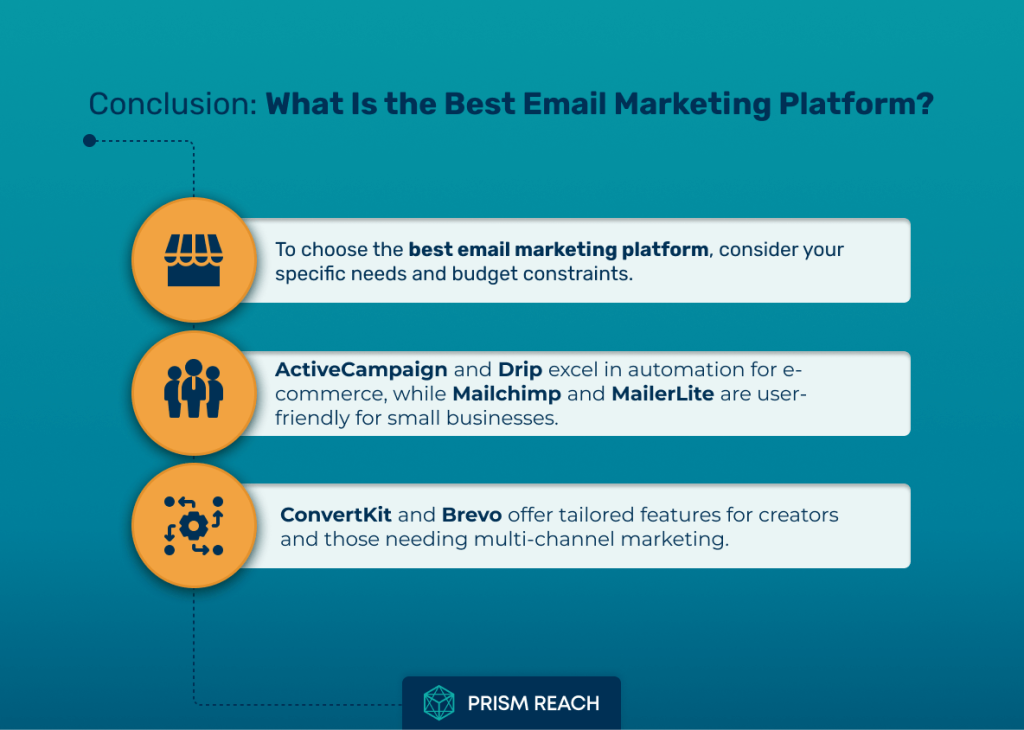
Integration and User Experience
Prism Reach emphasizes a seamless user experience with its quick setup and one-click uploads, facilitating easy migration of existing subscriber lists. Its AI-enhanced sign-up forms are designed to increase sign-up rates and improve GDPR compliance, ensuring that your data handling meets the highest standards.
Future Prospects
Looking ahead, Prism Reach aims to expand its technology into the eCommerce sector and explore new ways to leverage AI for broader marketing applications. The company is committed to continuously improving its AI algorithms to stay at the cutting edge of technology and marketing innovation.
Upgrade Your Email Marketing with AI Personalization!
Conclusion
Choosing the best email marketing platform depends on your specific needs, budget, and the type of business you run. For e-commerce businesses, platforms like Drip, ActiveCampaign, and Mailchimp offer advanced features and integrations that can help drive sales and customer engagement. Bloggers and content creators may find platforms like ConvertKit and MailerLite more suitable, with their creator-centric features and affordable pricing. Small businesses can benefit from platforms like Moosend, MailerLite, and Brevo, which offer a balance of affordability, ease of use, and features that can scale with their business.
Integrating hidden gem strategies such as leveraging AI for personalization, incorporating interactive elements, utilizing dynamic content blocks, segmenting your audience effectively, and automating lifecycle campaigns can significantly enhance the effectiveness of your email marketing efforts. These strategies help enhance audience engagement, build community, and drive higher conversion rates.
For businesses seeking to elevate their email marketing strategy, integrating best practices showcased in these examples and leveraging the advanced features of Prism Reach can drive meaningful results and foster lasting customer relationships. Prism Reach‘s AI-powered personalization and user-friendly interface make it an excellent choice for anyone looking to take their email marketing to the next level, ensuring that your newsletters are not only visually appealing but also highly relevant and engaging.
Ultimately, investing in a newsletter design tool that empowers you to create engaging and impactful campaigns can significantly enhance your email marketing efforts and help you build stronger connections with your audience. Whether you’re a small business owner, an e-commerce entrepreneur, or a content creator, Prism Reach‘s advanced capabilities can help you unlock the full potential of your email campaigns, driving engagement, conversions, and long-term customer loyalty.